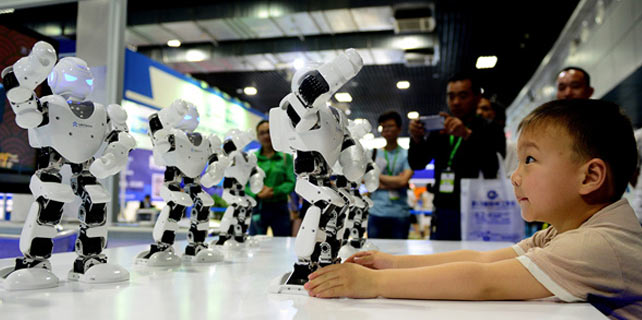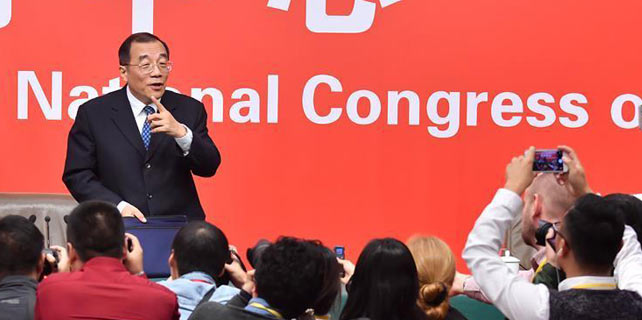Competition remains a driving force
How do you view China's role in the world?
There is a debate about China's role in global governance that centers on the question of whether China is a supporter of the existing institutions and the status quo, or is fairly unsatisfied and wants to totally change or topple that system.
What we have noticed, myself and other contributors to my book (The Dragon's Learning Curve: Global Governance and China), is that China's behavior in different areas to global governance is different. In some places it is actually happy with the existing rules; it does not want to change them because it is a big winner from those rules, particularly rules related to trade.
In other areas, China seeks constructive limited reform to make the existing system better. If you look at areas related to financial governance, such as banking and credit risk management, and food security, those are areas where China has proposed modest reforms that are changes to the system but don't overthrow it. In some other areas, China has presented a larger challenge to the existing system. Internet sovereignty is one area where China's preferences diverge significantly from most countries, and foreign aid, where China is promoting the idea of developing finance instead of foreign aid, which is a pretty big difference.
So there is a range of areas and a range of behaviors across them. The key thing to remember is that given the size of China's economy and its global reach, big problems require China's participation to solve.
Could some of China's practices be used to solve pressing global problems?
There are certain things China does that are important and helpful. It has had a lot of success in terms of infrastructure development, building ports, railways and other hubs that promote transportation and connectivity. It is not necessarily the case that you can take exactly what China has done and apply it everywhere, as China's circumstances are unique. But there are some aspects of what it has done that can be useful, such as addressing certain types of public health or food security challenges.
What is the most notable change in China that you have observed over the past few years?
When I first began doing interviews in China about economic issues, I was talking to companies that were doing basic things. They were producing construction steel, making websites or search engines, rudimentary types of technologies, easily commodified and commercialized. The companies that I'm talking to now are competing in world-class technologies-high value-added, innovative areas. They are not always the No 1 company in the world, or even in China, but they are competing in that space.
What's the biggest challenge China faces, and how do you think it can be overcome?
No country has escaped the middle-income trap when on average only two-thirds of students go to high school. So if China wants to avoid this, it needs to do a lot more to help rural areas, not just promote investment in high-tech and big cities. That's going to be a big challenge because it requires not only money, but also addressing some institutional features, including the hukou (housing registration) system. That's the biggest domestic challenge.
Internationally, the biggest challenge is about figuring out what a powerful China's role in the world is, and how is it interacting with great powers like the US and also with smaller powers. Learning how to be a great power is probably one of China's biggest international challenges.









